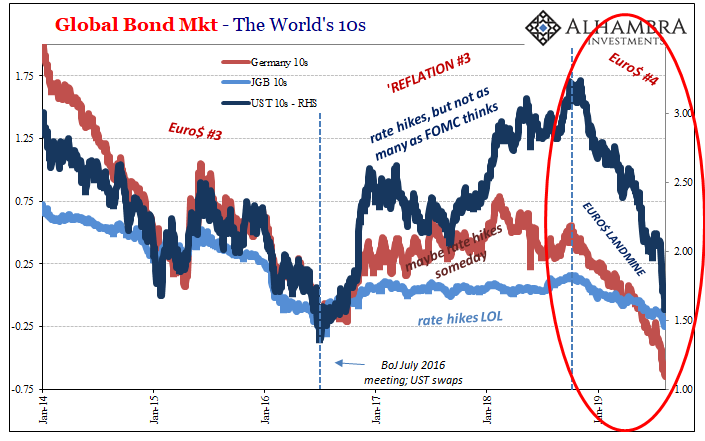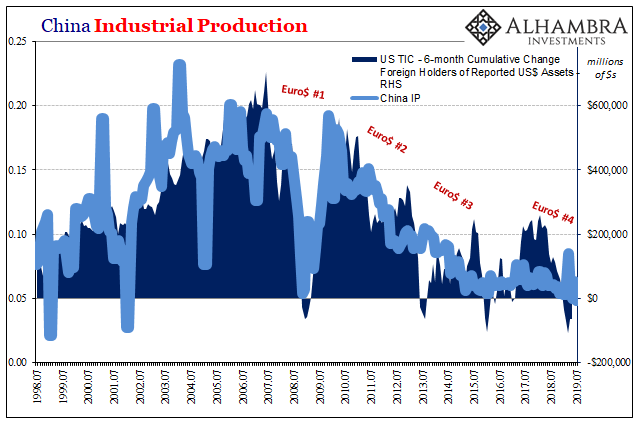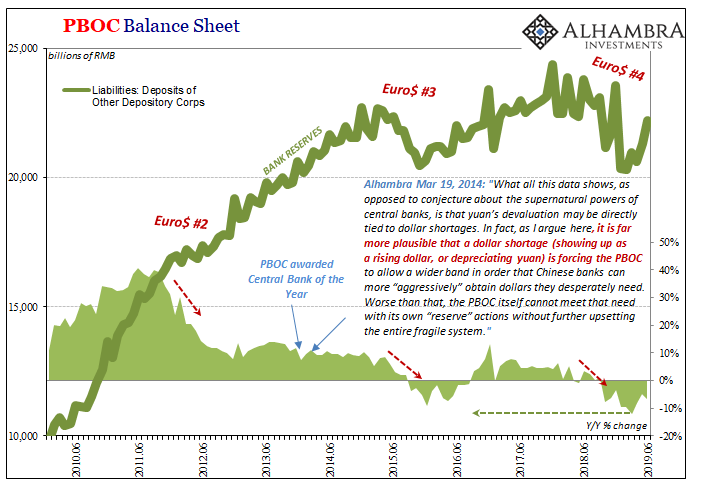Always aspiring to technocratic greatness, China’s Communist Party is set up to run like clockwork. It’s supposed to go off in predestined fashion, a course programmed into the vast apparatus by highly proficient experts. It is, or is supposed to be, comforting that order and control over the complex main spheres of daily life can be managed down the detail and on a preset schedule.
Every five years, the Communist Party holds its Congress. The main meeting is devoted to the big stuff. The 19th Congress, held in October 2017, may go down as one of the biggest. Party and government leader Xi Jinping set two parallel courses in motion. First, China’s economy would no longer prioritize the quantity of growth (quality instead). Second, Xi would also cement his status as unchallenged leader, clearing the path toward a tighter grip on authority.
The Central Committee follows each Congress with seven plenary sessions of delegates. Three of those are held in close succession, devoted mostly to Party business. The fourth, however, starts to get into the long-range plans for the country, including the five-year economic plan central to the very ideology.
This 4th plenary session is traditionally held in the autumn of the following year. Thus, with the 19th Party Congress in October 2017 it should’ve occurred last fall. Instead, when the Politburo met at the end of October 2018 nothing had been announced let alone convened.
The 3rd plenary session, or its principle result, anyway, generated global headlines. It was the one which had paved the way for the annual session of the National People’s Congress held last March. During the latter effective session, the Chinese constitution was changed to include Xi’s own political theory – a feat no living leader had managed since Mao – alongside the removal of any term limits on his tenure.
It is now August 2019 and still no economic plan nor plenary session to craft one. Rumors are swirling as China’s economic situation grows more precarious by the month. The currency falling below 7.0 for the first time in a long time only adds to the palpable tension.
There are reports that Xi’s chief rival Premier Li Keqiang, who heads the State Council and is effectively China’s number two man, is dissatisfied with the way the growing economic crisis is being handled. If a fourth plenary was to be held, it would give Li the opportunity to voice displeasure and doubts, on the official record, against Xi loyalist Vice Premier Liu He’s (Uncle He) economic leadership.
There are also reported concerns over the parallel political track toward what is evolving into another Cult of Leadership. The reason for the term limits on key government positions was the destructive nature of Mao’s Cultural Revolution. Decades ago, Deng Xiaoping had seen the devastation the cult of personality could bring to an already authoritarian state and was determined to not let it happen again.
Spurred by the earlier constitutional changes, however, Xi loyalists had been working inside the Party toward further tightening of his grip on power. According to some, they were met with resistance at the political meeting last October.
These efforts drew a strong backlash from elders and rival party factions, and began to lose steam after last summer’s Beidaihe conclave.
It might suggest why a fourth plenary was delayed, so as to let the situation simmer down before risking more open fissures in the Party leadership.
We also have to bear in mind that the result of October’s Politburo gathering had been the first time China’s leadership admitted to any possible problems with its intended targets. The statement released referred to “growing downward pressure” as well as “profound changes” in the external economic environment. Everyone has simply assumed that meant trade wars.
We have to enhance reform and opening up to focus on core problems with targeted solutions…We must get our own things done and firmly seek high-quality growth.
Without a long-range economic plan, there is no clarity as to what the government intends to do about these “core problems” because “targeted solutions” right now can mean anything – including nothing. It is a huge dose of political drama injected into what might be the worst of China’s predicaments.
Some might conclude that this is unnecessary uncertainty, particularly those arguing (persistently) for how the Chinese are playing some long game patiently biding their time waiting for the idiots in the West to so thoroughly squander their fortunate position – the dollar most of all. Should they wish to, we are told, China will sell all its UST’s in a fit of righteous anger and unilaterally declare a new world order with the yuan at its center.
Allegedly, despite the mounting economic, social, and political costs year after year after year, they’re just waiting for the perfect moment when all the stars are aligned to spring their plan.
The squabbling now on display in the lack of a fourth plenary session paints a very different picture. There’s really no reason to put faith in their idiots any more than there should be any left in ours. They’re all incompetent together especially when it comes to money, finance, and economy.
That’s the best possible summation of global bond yields – since October 2018.

As I wrote last year (still waiting on the petroyuan to mean something, anything):
But that doesn’t mean central bank Economists in China are by inverse transitive properties somehow supersmart and technocratically competent. They may look that way in direct comparison to their counterparts, but that’s a meaningless low standard. There is the possibility, and a very good one, that both sets of Economists are equally bad at economy. This shouldn’t be surprising nor controversial, especially since many if not most of Asian central bankers were trained somewhere in the vast network of worthless Western Economic schools.
The reason the eurodollar standard survives after being more than twelve years broken is a very simple fact: there is no alternative to it. At least not a realistic one. And the reason there is no alternative to it is equally straightforward: Economics. Economists don’t really understand the nature of the problem so they aren’t close to being able to craft a genuine solution to it.
Instead, they stick by their traditional and doctrinaire handbooks, textbooks, and manuals. They introduce “stimulus” which doesn’t stimulate and then stand around dazed and confused by the consequences. The Chinese Economists are only slightly less confused because they can’t afford to be so cavalierly optimistic as officials in the West, but equally dazed nonetheless.
The political temperature is rising as nothing more than a consequence of continued failure; there as well as here. All over the globe.
It all points back to the Big Truth. This is the eurodollar’s world. We are all just trying to live in it. All of us. Everyone – including the Chinese.



Stay In Touch